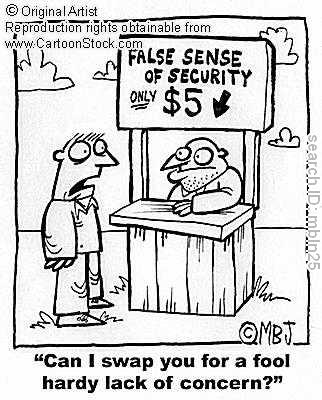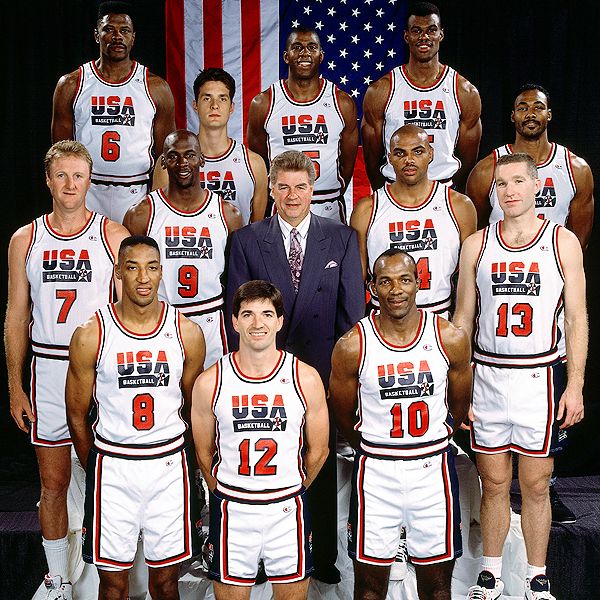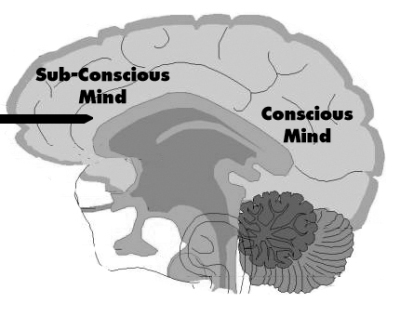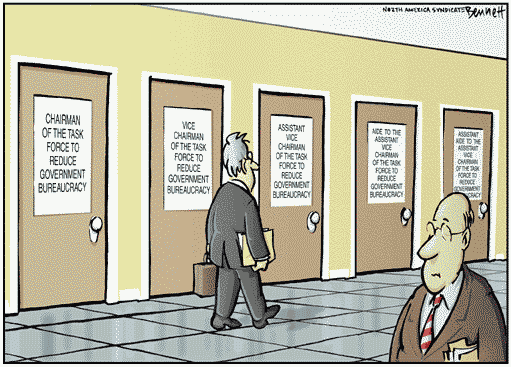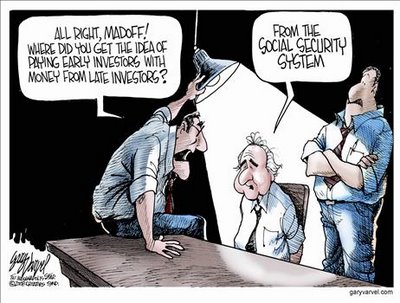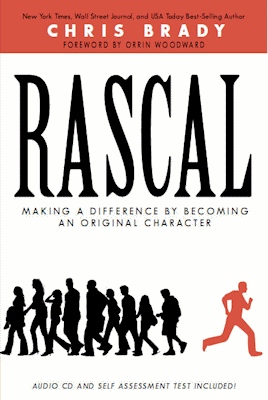I was a young twenty-four year old engineer, recently graduated from GMI-EMI (Kettering today), looking to move ahead at AC Rochester (a division of GM), when I heard that Edward Deming was coming to Michigan to speak on Statistical Controls. Many probably don’t recognize the name of Edward Deming, a famous statistician who helped the Japanese recover from WWII, but in Japan he is revered, even having one of the top Japanese industrial awards named in his honor (Deming Award). Being a hungry engineer, I quickly signed up for his class, looking forward to learning how to apply statistics into my professional life. What I learned did improve my professional life, but what it did to my personal life was even more impactful. Deming taught with an informal style, asking questions to the audience, patiently waiting for answers. At work, as a fuel pump engineer, I was in the middle of a series of designed experiments, testing the viability of different product designs, so when Deming asked, “Why do we perform test?”, I thought I had the answer. Since no one raised their hand, being fearful of saying a wrong answer, the room became uncomfortably silent. Not able to stand it any longer, I raised my hand, answering that we run test to make decisions between different methods. Deming smiled while slowly placing another slide on the projector and stated, “We run test to make predictions.” He went on to explain how the test determines whether our predictions were accurate or if we need a better model to improve our ability to correctly predict real world results.
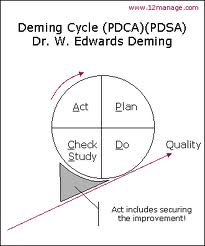 I doubt if Deming’s intention was to teach this principle in the life changing way that it hit me, but his words landed on fertile soil, beginning a revolution within me. If we perform test in our lives to learn whether our life models accurately represent reality, then it stands to reason, that the quicker we run test, the sooner we learn whether our models depict life as it is, rather than life as we want it to be. In other words, life is an ongoing test, an opportunity to predict certain results based upon certain behaviors, testing the predictions real time, determining whether our predicted hypothesis were correct or need adjustment. Deming meant it specifically for learning about products and services, but his words went deeper within me to learn about life and purpose. I thought to myself, that if the models I currently lived by were not accurately representing reality, I would quickly learn this through failed predictions when I running life’s tests. Meaning, if my predicted outcomes consistently failed, I must be working with an incorrect model in need of adjustments. Let me give you a humorous example to make my point. When I was a five year old, I had the most vivid dream that I was swimming under water while breathing freely. Upon awakening, I announced to my mother that I could swim under water while breathing. My mom, a near saint of epic proportions, patiently explained to me that I must have been dreaming as human beings cannot breathe under water since they do not have gills. Being the strong choleric child, confident in my own ignorance, I ignored her explanation and announced to my brothers and sister, that later that day at the local pool, I would prove to the world that I could swim and breathe under water. Anticipation built throughout the day as I handled all objections thrown at me by my unbelieving brothers and sisters, until finally I was in the Whaley pool about make history with my underwater breathing exploits. With my mom, observing through the parents window, and my siblings, witnessing live at pool side, I proceeded to dive under the water, swimming leisurely from one end of the pool to the other. At the appropriate moment, I expanded my young diaphragm, quickly inhaling a lung full of water, disproving my predicted model amidst my flailing arms, gasping breaths and reddening face. My prediction had failed under rigorous testing conditions.
I doubt if Deming’s intention was to teach this principle in the life changing way that it hit me, but his words landed on fertile soil, beginning a revolution within me. If we perform test in our lives to learn whether our life models accurately represent reality, then it stands to reason, that the quicker we run test, the sooner we learn whether our models depict life as it is, rather than life as we want it to be. In other words, life is an ongoing test, an opportunity to predict certain results based upon certain behaviors, testing the predictions real time, determining whether our predicted hypothesis were correct or need adjustment. Deming meant it specifically for learning about products and services, but his words went deeper within me to learn about life and purpose. I thought to myself, that if the models I currently lived by were not accurately representing reality, I would quickly learn this through failed predictions when I running life’s tests. Meaning, if my predicted outcomes consistently failed, I must be working with an incorrect model in need of adjustments. Let me give you a humorous example to make my point. When I was a five year old, I had the most vivid dream that I was swimming under water while breathing freely. Upon awakening, I announced to my mother that I could swim under water while breathing. My mom, a near saint of epic proportions, patiently explained to me that I must have been dreaming as human beings cannot breathe under water since they do not have gills. Being the strong choleric child, confident in my own ignorance, I ignored her explanation and announced to my brothers and sister, that later that day at the local pool, I would prove to the world that I could swim and breathe under water. Anticipation built throughout the day as I handled all objections thrown at me by my unbelieving brothers and sisters, until finally I was in the Whaley pool about make history with my underwater breathing exploits. With my mom, observing through the parents window, and my siblings, witnessing live at pool side, I proceeded to dive under the water, swimming leisurely from one end of the pool to the other. At the appropriate moment, I expanded my young diaphragm, quickly inhaling a lung full of water, disproving my predicted model amidst my flailing arms, gasping breaths and reddening face. My prediction had failed under rigorous testing conditions.
We can laugh at my naive five year old experiment, but all of us suffer from delusions hindering our performances in life. Each false hypothesis or model that we live under ensures we won’t produce proper outcomes in that area. As a twenty-four year old engineer, I learned from Deming why it’s necessary to test each of your working models of life against real world experiences. A wrong hypothesis will lead to wrong results every time. Deming went on to explain a four step process that he used to verify his predictions, describing his steps as Plan, Do, Check, and Act – Deming’s PDCA process. After working with this simple four step process, I adjusted it slightly to read Plan, Do, Check, and Adjust – Woodward’s PDCA for life process. Each of the four steps of the process is essential to making predictions and testing for results to ensure whether the predictions accurately reflect reality. Without knowing it, when I was five years old, intuitively I had understood that my theory (breathing underwater) needed to be proven, or in this case disproven, by a process of testing. Every area in your life can be improved by disciplining yourself to apply the PDCA process. Failure to plan is a sure way to plan for failure. Believing incorrect models of life only ensures continued failures. But when you follow a PDCA process, allowing the data to speak to you, making revisions where necessary, and repeating the test, it will allow one to improve rapidly. The faster you make adjustments, the faster you will improve in life.
Let’s go through each step of the PDCA process starting with the Plan step. What is the Plan and how do I use it to improve? The Plan is a way to test ones hypothesis or models of life. For example, if you believe you are a poor public speaker, but also know that improved public speaking will help you in business, then you have a dilemma. Either you settle for less results, knowing that you are not a good public speaker, or you improve your public speaking which produces greater results. A Plan would help you improve your public speaking by creating an environment for you to develop your skills. Good questions are the key to good Plans. What is the difference between good speakers and poor speakers? What are the 20% issues that produce 80% of the results when it comes to public speaking? What area can I focus on today so that my next public speaking effort will display more of the right actions and less of the wrong actions. A proper Plan requires looking at yourself honestly, not as you want to be, but as your currently are. In order to improve, the first step is to admit areas where you can improve. Reading a good book on public speaking, discussing with your mentors or other great speakers, evaluating yourself honestly on your skill levels, is the beginning of a Plan for improvement. The PDCA process works in all areas of life from Faith, Family, Finances, Fitness, Friends, Fun, Freedom, and any other area you can identify. Each person’s PDCA’s are different, but all must recognize that they can become excellent public speakers, or anything else, if they are willing to endure the hardships associated with the PDCA process. By necessity, the PDCA process will push you to failure so that you can revise your plan. Everyone fails in the PDCA process, so be prepared for failure, not letting a process failure make you believe that you are a failure. Since the majority of people will never run a PDCA process, thus eliminating their ability to improve by design, we shouldn’t be shocked by the dismal results produced. What is shocking to me, is how many people even after learning this process will not implement consistently into their lives. Develop your Plan to improve and then begin implementing your Plan.
This leads us to the second step in the PDCA process – Do. The best Plan in the world is worthless unless we Do it. Like the old saying goes, “The road to Hell is paved with good intentions.” I have heard it said that there are enough great plans in Washington to fix the political mess if they were implemented. But plans without actions will never get the job done. One of my favorite books in the Bible is called the Book of Acts, not the Book of Thoughts, not the Book of Best Intentions, but the Book of Acts. Greatness begins when someone takes the Plan and has the courage to act upon it. Just Do It as Art Williams stated years ago, now used as Nike’s slogan. Let’s go back to our example of public speaking, if you have identified areas to improve, now it’s time to get out there and SPEAK! Failure isn’t final, but it is feedback for your further growth. The only true failure is failure to Do, since if you won’t Do, you will not advance to the last two steps in the PDCA process to improve. One can watch videos on bike riding all day long, reading the latest journals on bike riding skills, but until one rides a bike, real learning hasn’t occurred. The PDCA process is literally designed for a person to apply himself until failure occurs. In fact, unless a person goes to failure, he cannot make any course corrections, adjusting our actions to improve for the next test. This explains why only the courageous few will apply the PDCA process, because it will force them to failure, exposing them to their own weaknesses. Everyone has the courage inside of them. It may be dormant through years of disuse, but it’s in there waiting for him to bring it to the surface through the power of his vision and will. Like Mr. Williams said, “Just Do it, and Do it, and Do it again!”
The third step, Check, is crucial to the growth process because few will let the data speak without defense mechanisms kicking in to protect their fragile egos. I love the statement, “In God we trust, all others must bring data,” for it represents the truth of the Check step in the process. Ronald Reagan said it this way, “Trust but verify.” Let’s go back to the public speaking example again. If you develop your Plan to improve, Do your plan, but won’t check your results, then it’s going to be hard to make any Adjustments for further improvement. Public speaking gives you immediate feedback by the crowds response, cheering when you inspire, laughing when you entertain, crying when you reach their hearts. Seek feedback, check your results, not just looking for routine comments like “great job”, but digging in with your mentor to find the good, the bad, and the ugly in the performance. Why don’t more people seek out feedback or review the scoreboard on their current performance levels? Simply put, it can hurt when you find a gap between what you want to be and where you’re at. Many would rather delude themselves, protecting their brittle self confidence, than confront the facts to improve their performance. Remember, running from data doesn’t change it, but only your ability to improve based upon the numbers. The ostrich may stick its head in the sand, hoping to avoid the lion by refusing to look at him, but sadly, that has no bearing upon the lion’s dinner plans. You must Check your results, identify the gaps between your goals and results, making adjustments to continually to improve.
The final step, in a simple but not easy four step process is Adjust. You Plan; You Do; You Check; You Adjust – these four steps will propel you to greatness when applied daily to your life. After each test, evaluate what you can do even better. Celebrating your victories, while making adjustments on your defeats. A key principle here is to find a defeat in every victory and find a victory in every defeat. The defeats keep you humble, the victories keep you hopeful. Balance is the key in the PDCA process to keep both pride and hopelessness at bay. There has never been, in the recorded history of man, a perfect performance. There is always room for improvement, no matter how great the achievement. The student must Check the data, making the Adjustments in his thinking, actions, beliefs, etc, to improve further. Success is a journey, not a destination. No one ever arrives at success, they merely journey through the PDCA process, improving daily, enjoying life as the great adventure it is. Will you suffer setbacks? Of course, but setbacks only reveal to you false models that need PDCA work. Will you achieve success? People disciplined enough to apply the PDCA process will rapidly improve in so many areas, that friends will not understand how it was possible for them to change so profoundly. Be patient with yourself and the PDCA process when you are first implementing it into your life, remembering that, like anything, it takes time to get comfortable with any new process. Rome wasn’t built in a day, oak trees do not mature overnight, and success takes time to form the new daily habits learned through the PDCA process. After Adjusting, it’s time to start again at step one – Plan. Take your Adjustments and revise the Plan, starting the PDCA process again with a better understanding of yourself and your performance gaps. Success becomes assured when you realize that you are like an unstoppable improvement machine. The only person capable of interrupting your PDCA process is you, liberating you from your past failures, propelling you to future successes. Perhaps it’s time to give yourself permission to win by applying the PDCA process to your life. God Bless, Orrin Woodward








